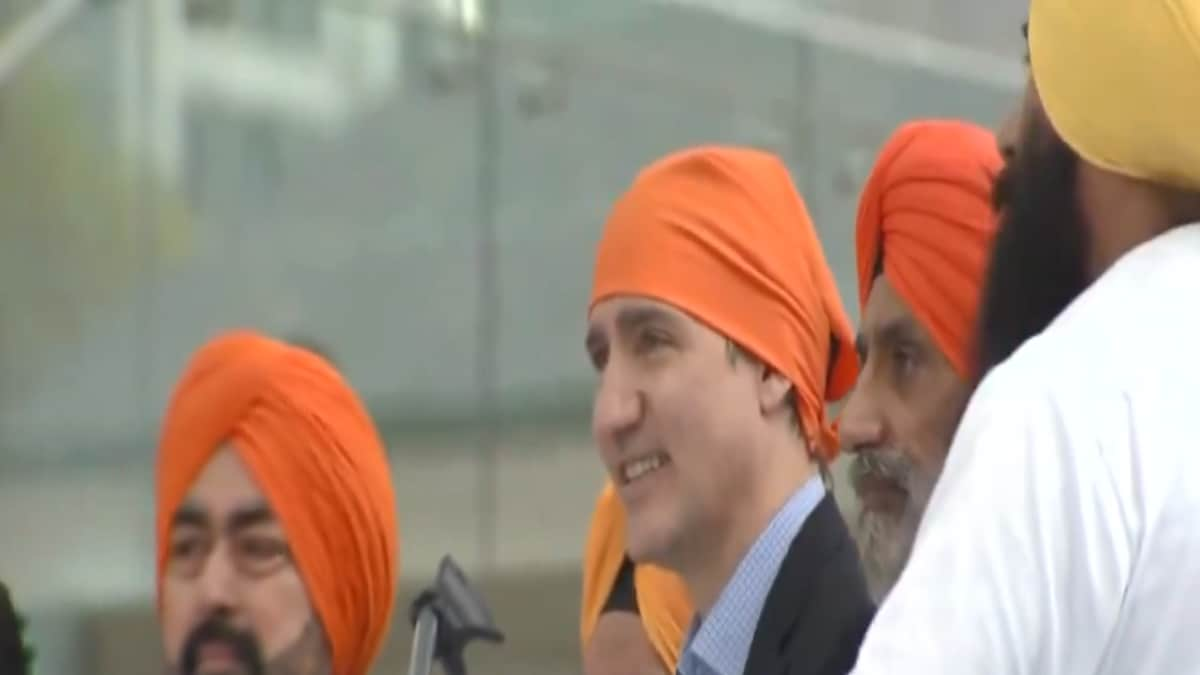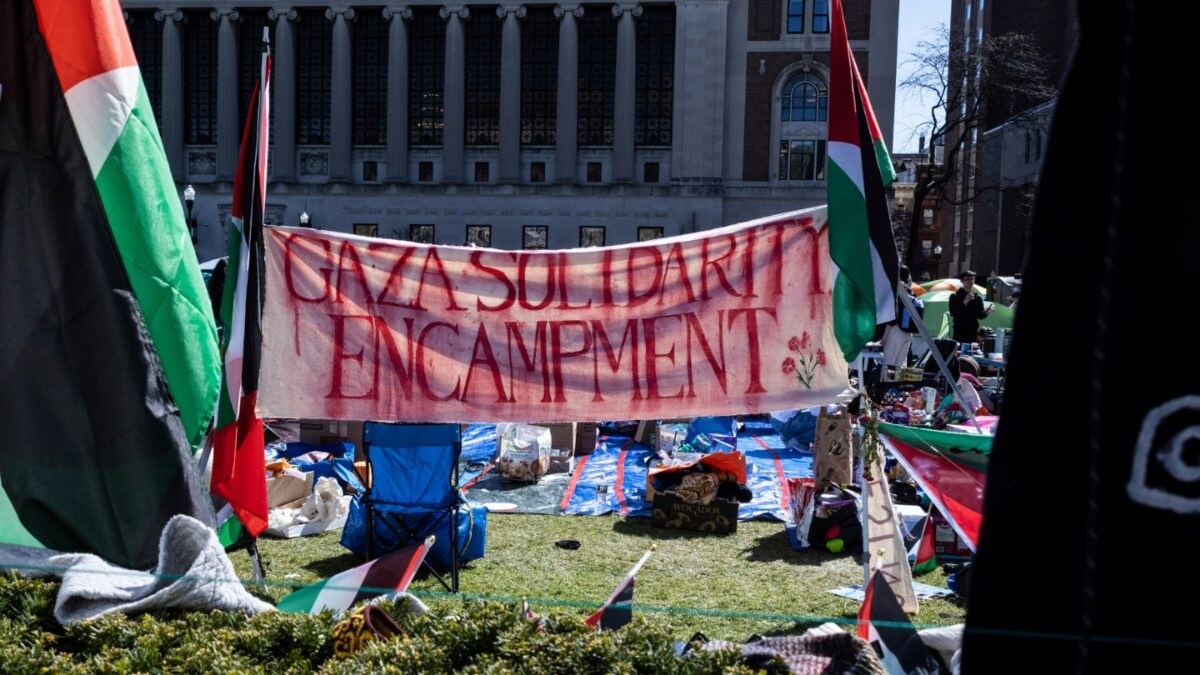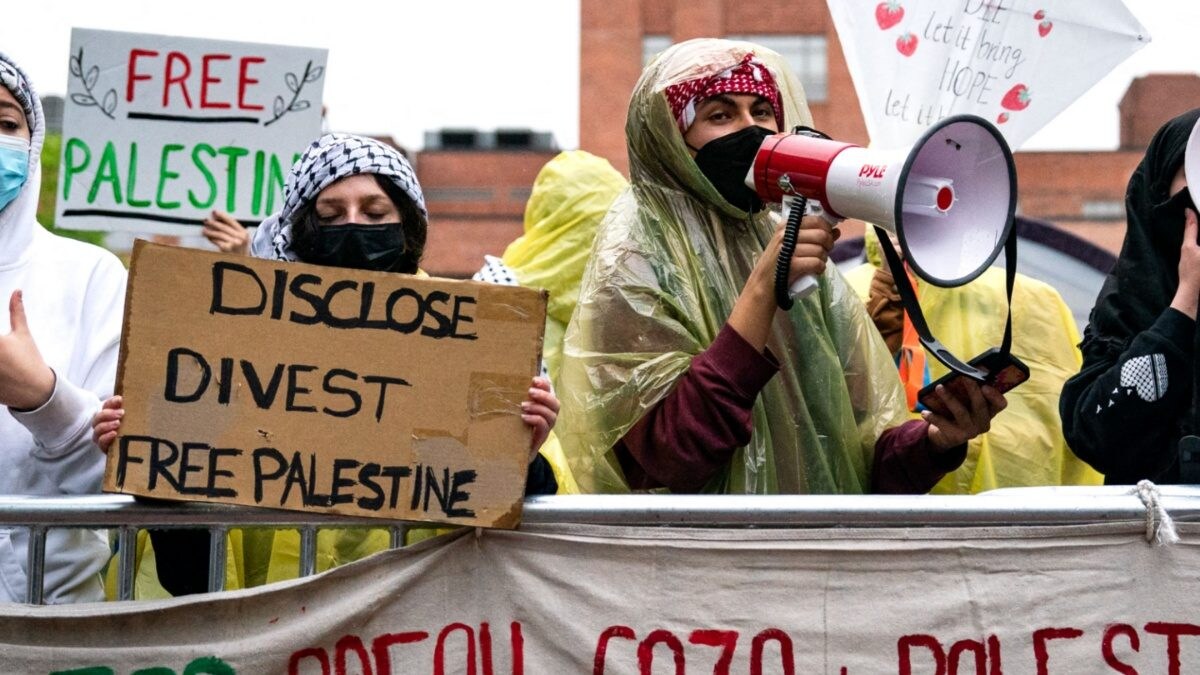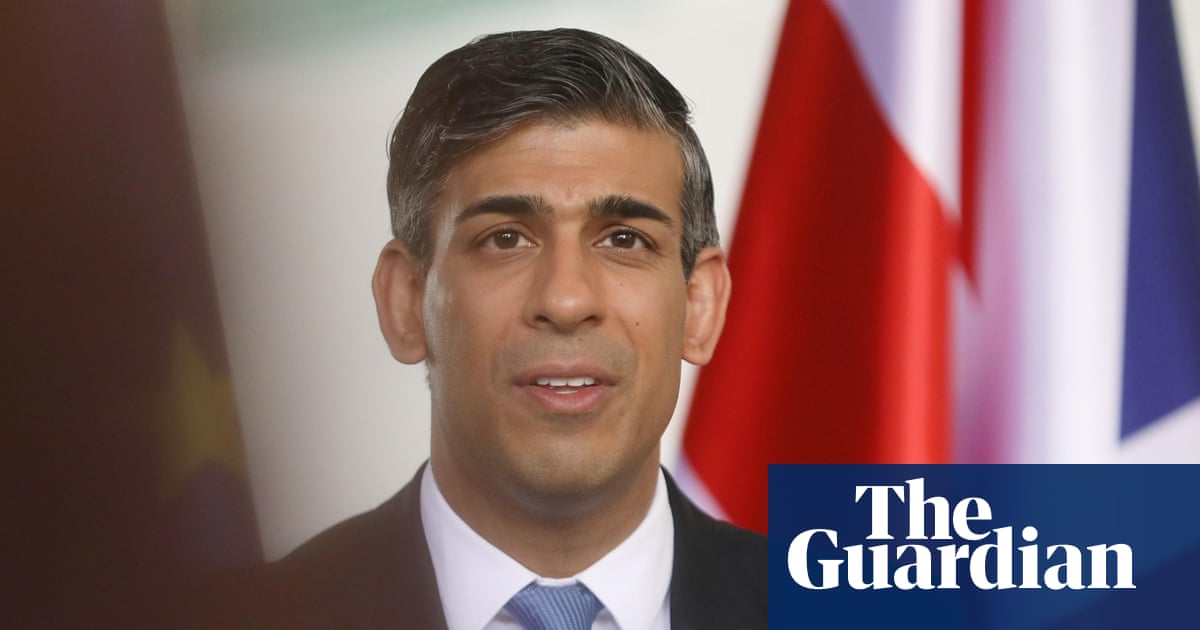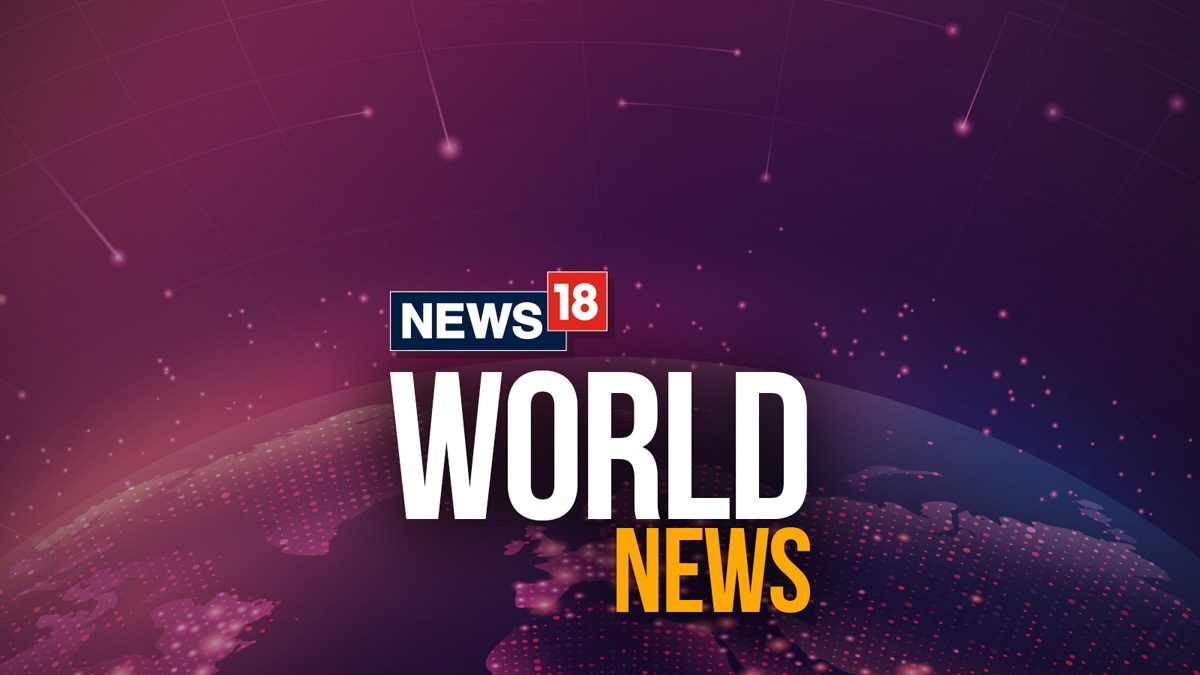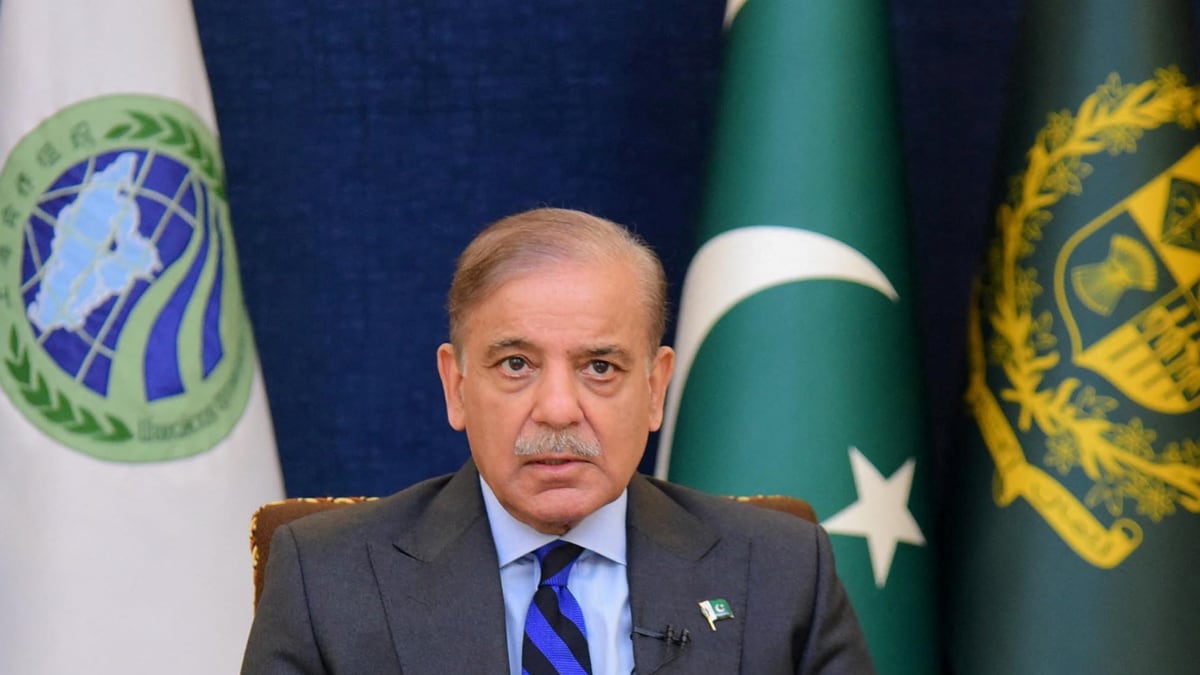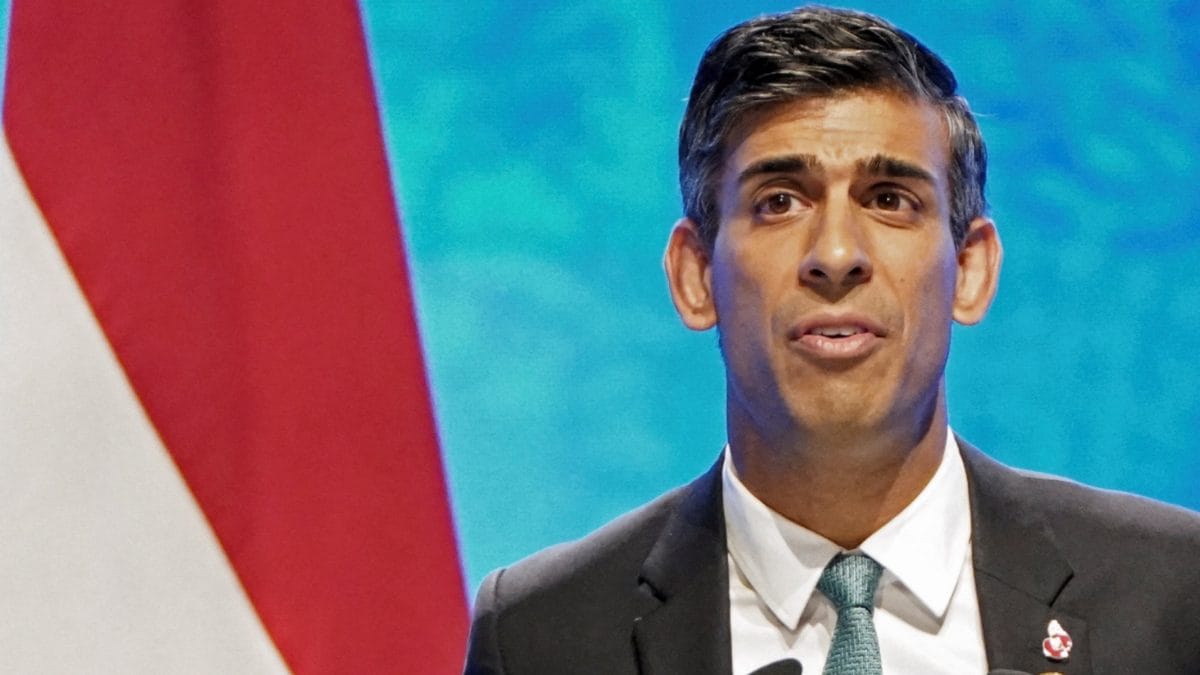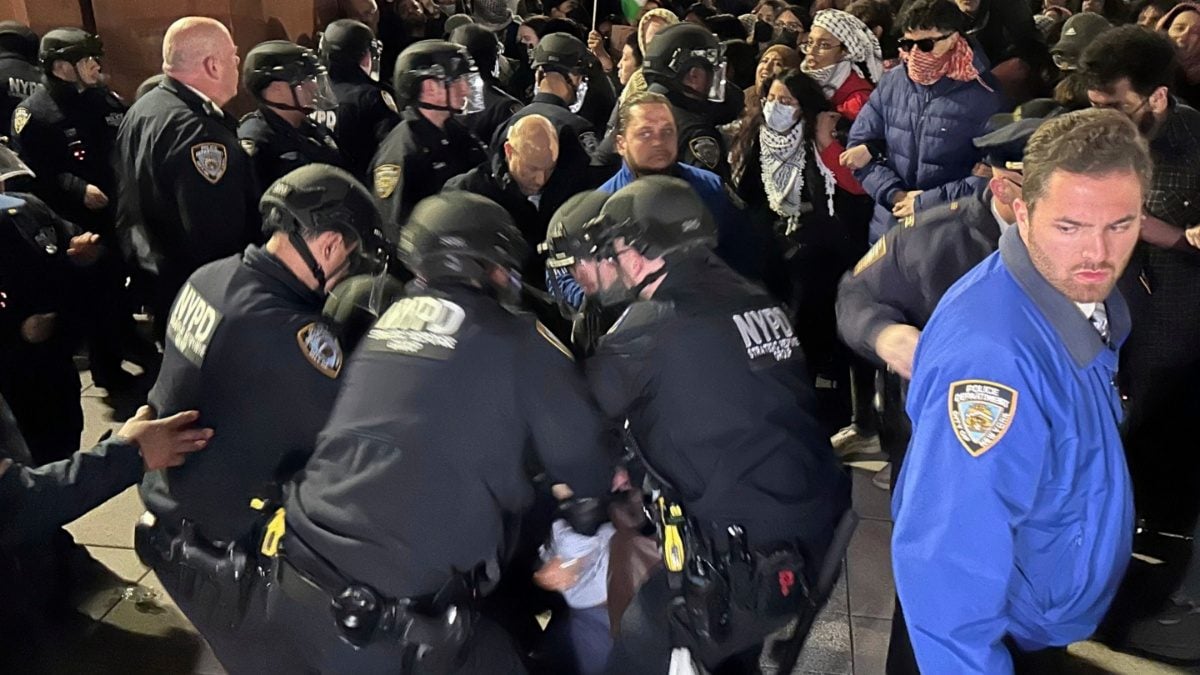Key events

Paul Karp
In the FWC annual wage review, unions have asked for a 5% increase in the minimum wage. Big employer groups have asked for wage rises of 2%, according to the Australian Chamber of Commerce and Industry, or 2.8%, according to the Australian Industry Group.
The national minimum wage is currently $23.23 per hour, around 55% of median full-time earnings. Inflation is currently at 4.1% in the year to December, so the government submission implies a wage rise of at least 0.95c an hour for the lowest paid.
A draft of the government’s submission said that “going forward, inflation is expected to moderate further, improving real wages and easing some of the financial pressure on households”.
However, the current economic environment is challenging, with many households experiencing cost of living pressures.
Despite increases in nominal wages, and the return of annual real wages growth, the real value of award wages has been eroded in recent years given the global inflationary environment.

Paul Karp
Wages growth averaged 4.3% under Albanese government, Labor data says
Wages growth under the Albanese government has averaged 4.2%, almost double the 2.2% under the Coalition, Labor has revealed ahead of the release of its submission on raising the minimum wage.
As the Albanese government calls on the Fair Work Commission to raise minimum wages for the lowest paid by more than inflation, it has released new data that wages growth is higher in every state and territory than under the previous government.
The workplace relations minister, Tony Burke, released state-by-state data revealing the wage price index has risen by:
3.6% in New South Wales, up from 2.1% under the Coalition
3.5% in Victoria, up from 2.3%
4% in Queensland, up from 2.1%
3.7% in South Australia, up from 2.3%
4.1% in Western Australia, up from 1.8%
4% in Tasmania, up from 2.3%
3.3% in the Northern Territory, up from 2.1%; and
3.6% in the Australian Capital Territory, up from 2%
Burke said:
We said we’d get wages moving again – and that’s exactly what we’re seeing.
We have now had three-quarters of real wage growth in this country. People have now turned a corner, but it will take some time before they really feel they are getting in front.


Daniel Hurst
CDF apologises at opening of defence and veteran suicide royal commission
The chief of the Australian defence force, Gen Angus Campbell, has apologised for “deficiencies” in supporting ADF personnel, taking the stand on the final day of hearings of the royal commission into defence and veteran suicide.
Campbell began his evidence by saying he wanted to thank ADF personnel, veterans and their families “for their contribution and participation in this important inquiry”. He said he understood “this has been an incredibly difficult time for many in the Defence community” and added:
The courage of those who have come forward to share their experiences is deeply admirable and I sincerely appreciate the efforts of those who have contributed to my learning and our deeper understanding of suicide and suicidality and its enduring aftermath.
Our people deserve and should rightly expect the wellbeing, support and care they need, both during and after their service.
I acknowledge that this has not always been the case and has tragically led to the death by suicide of some of our people. I apologise unreservedly for these deficiencies.

Campbell said he and Defence were “committed to doing better”.
Facing questions, he was asked whether he accepted that inaction on the part of Defence with respect to the issue of suicide and suicidality was an organisational failure. “Yes,” Campbell replied.
Lifeline 13 11 14. Open Arms 1800 011 046

Andrew Messenger
Tenders for some Brisbane Olympics projects to be issued this year, organising committee says
Continuing from our last post:
In response to questions about the state government’s decision last week to drop a plan to hold athletics at the Gabba and instead upgrade an existing stadium in the city’s south, Kirsty Coventry said “this is the time for those changes to happen”.
Brisbane 2032 organising committee president Andrew Liveris said some tenders would go out as early as this year for some Olympics projects.
Coventry was questioned about the plan by opposition leader David Crisafulli to create another independent body to make an entirely new plan if he wins the October election:
There will be a point that we might start getting a little bit concerned …
We have quite a bit of confidence in [Australia’s timelines] and again, won’t be stepping in at any point in time, right now or in the foreseeable future.
Let’s wait and see the processes because again, we do have that time, we are eight and a half years away. So there’s really no reason to start panicking.
It was the second meeting of the IOC Coordination Commission for Brisbane 2032. The opening ceremony will take place on 23 July, 2032 – in 3,039 days.
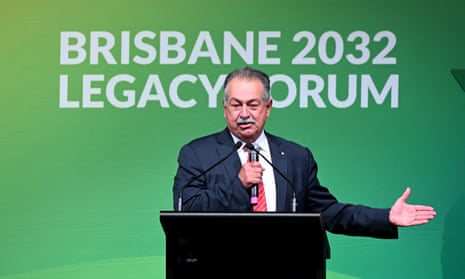

Andrew Messenger
Olympics brass declare no need to panic about Brisbane games
The Olympic Committee says there’s still plenty of time to plan the Brisbane Olympics, with the opening ceremony about nine years away.
Olympic Committee’s Kirsty Coventry fielded a series of questions about venues planning and community support at a late-night press conference on Wednesday, Australian time.
She said the games’ venue plan may not be finalised for “a few months to a year”, because of the need for federal government sign-off:
I sound a little bit like a broken record. But it really is true – we want the games to fit within the region.
We cannot dictate the needs of the region. And its people, we have to hear that from the different levels of government.
We don’t have a concern at this time. And we will not be stepping in really at any point. We’re always there to help with the technical side of things and to give advice, but is not for us to step in and give direction in regional development for the governments.
Jacinta Allan said the Victorian government would support small businesses through this change:
We’ve got to make sure that we support them on this change because many of the shops that sell cigarettes [offer] many other products… they’re legitimate businesses [and] we want to make sure they can continue to play that role in their local community.
But recognising that… the broader landscape has changed particularly as a consequence of some of the Commonwealth’s decisions on both the price of tobacco and the importation of vaping products…
Victorian government to introduce tobacco licensing scheme
Victorian premier Jacinta Allan has just announced the state government will introduce a tobacco licensing scheme.
Speaking to ABC Melbourne, Allan says the move follows advice from the better regulation commissioner, who issued a report about this.
[We were] considering the report, we’ve accepted [the commissioner’s] central recommendation that we should introduce a licensing scheme; we’re working through the different areas of government.
This is one of those areas of government [that] covers a few different agencies. There’s health, there’s justice, there’s police, there’s a whole range of different areas that you’re dissecting. We’ll be looking at bringing legislation into the parliament … in the second half of the year. We want to first do some consultation and release some further detail, which we’ll do in the coming months.
Victorian premier thanks outgoing lord mayor Sally Capp
Speaking to ABC Melbourne, Victorian premier Jacinta Allan congratulates Sally Capp on her work as lord mayor of Melbourne:
Sally gave me a heads up last night, she gave me a call last night and I had the chance to personally thank her and I’d like to take the opportunity to publicly do that today.
[When] she came in, we all know the circumstances in which she came into the role. It was a pretty turbulent time at City Hall. She stabilised the organisation, she’s had to lead the city through the pandemic, and I know from first-hand experience just how hard she has worked over a number of years she’s been there [and how] passionate and committed she’s been.
Asked about the council’s future, Allan says she has “long held the view to stay out of local government elections”.
That’s a matter for the voters to decide who chooses their local representatives; [they] don’t need to be lectured by state politicians.
Melbourne lord mayor Sally Capp announces resignation, to pursue ‘new opportunities’
Sally Capp will stand aside as lord mayor of Melbourne after six years in the role, AAP reports.
Capp, who was elected mayor of the City of Melbourne in 2018 before being re-elected in 2020, announced on Wednesday she would not contest the Victorian local elections in October.
She said in a statement she loved her job and the decision to quit had left her with mixed emotions:
I have given everything to this role.
As you know, I like to work at full pace, full-time, and I believe that anyone contesting the election must be all-in for a full term.
I have decided that at 56, having spent my 50s so far at Town Hall, it’s time for me to seek new opportunities to propel me into my next decade.
She expects to finish up as lord mayor at the end of June and will work with councillors and the chief executive on an orderly transition plan.
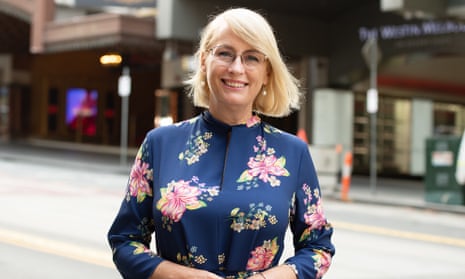
cabinet should convene to discuss youth issues, Scrymgour says
Speaking on the situation in Alice Springs, Marion Scrymgour says a federal intervention is not necessary but she suggests a meeting of the national cabinet instead.
She told ABC RN the last time there was an intervention it “wasn’t targeted and it looked at the wrong areas”. She points to the 2006 Little Children are Sacred report, and says this found issues in urban areas:
Back then they didn’t want to go into the urban areas and put those restrictions, it was easier to do it in remote communities, even though there were existing restrictions in remote communities.
Scrymgour said it is “time for all sides to stop playing politics with this issue”.
[In] the three years I’ve been [in Alice Springs] I don’t remember a time there hasn’t been you know, volatility and unrest, and we need to address that seriously, we can’t just keep doing the knee jerk response all the time.
Something’s got to be done and … as a federal member I’m going to try and call on the CLP members and Labor for all of us to try and work together because it’s not just Alice, it’s right throughout the Northern Territory we’re seeing this issue… I think it’s time for maybe national cabinet to convene with First Ministers of each state and territory to start looking at the issues of youth across this country.


 1 month ago
1 month ago
